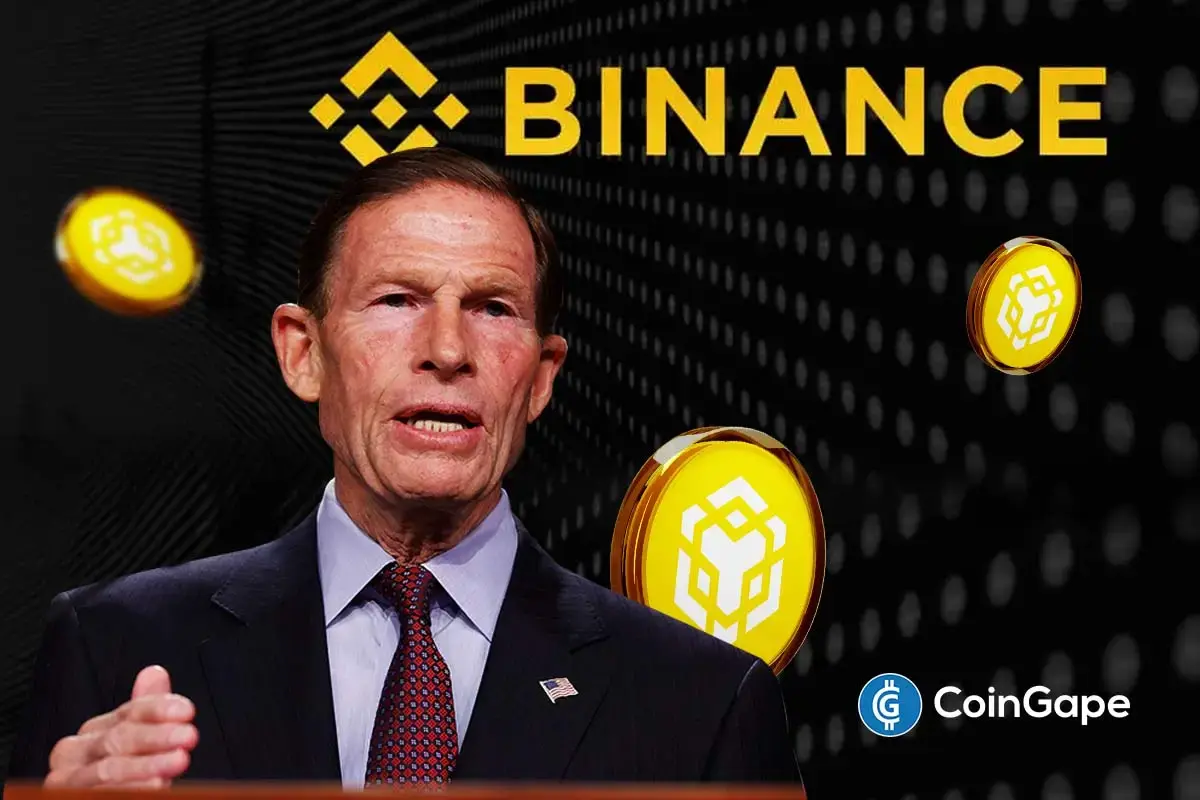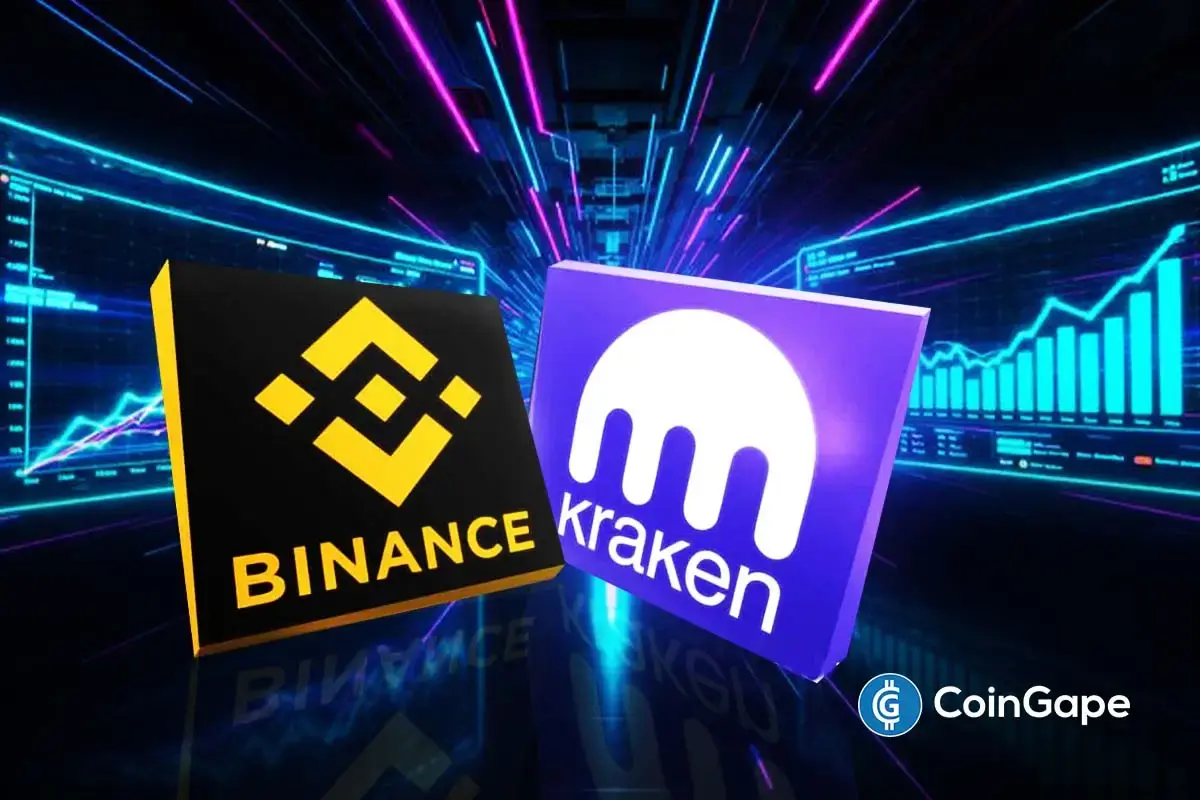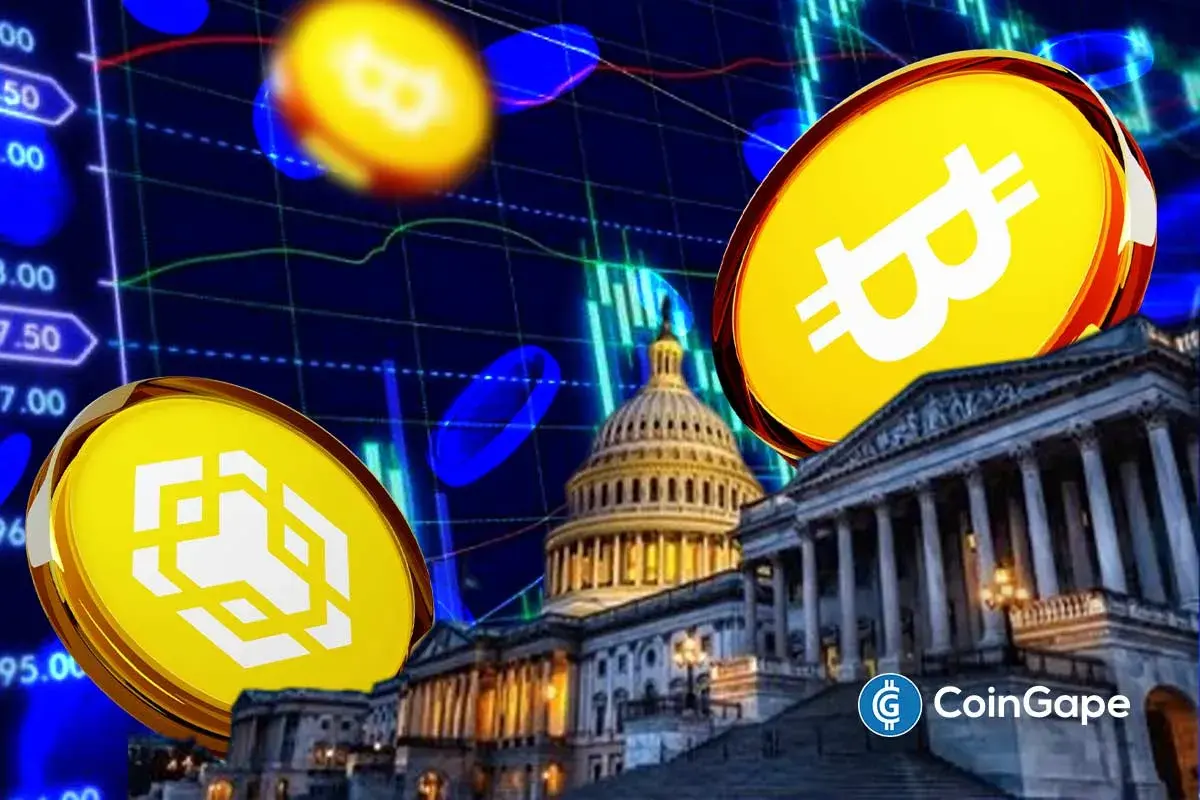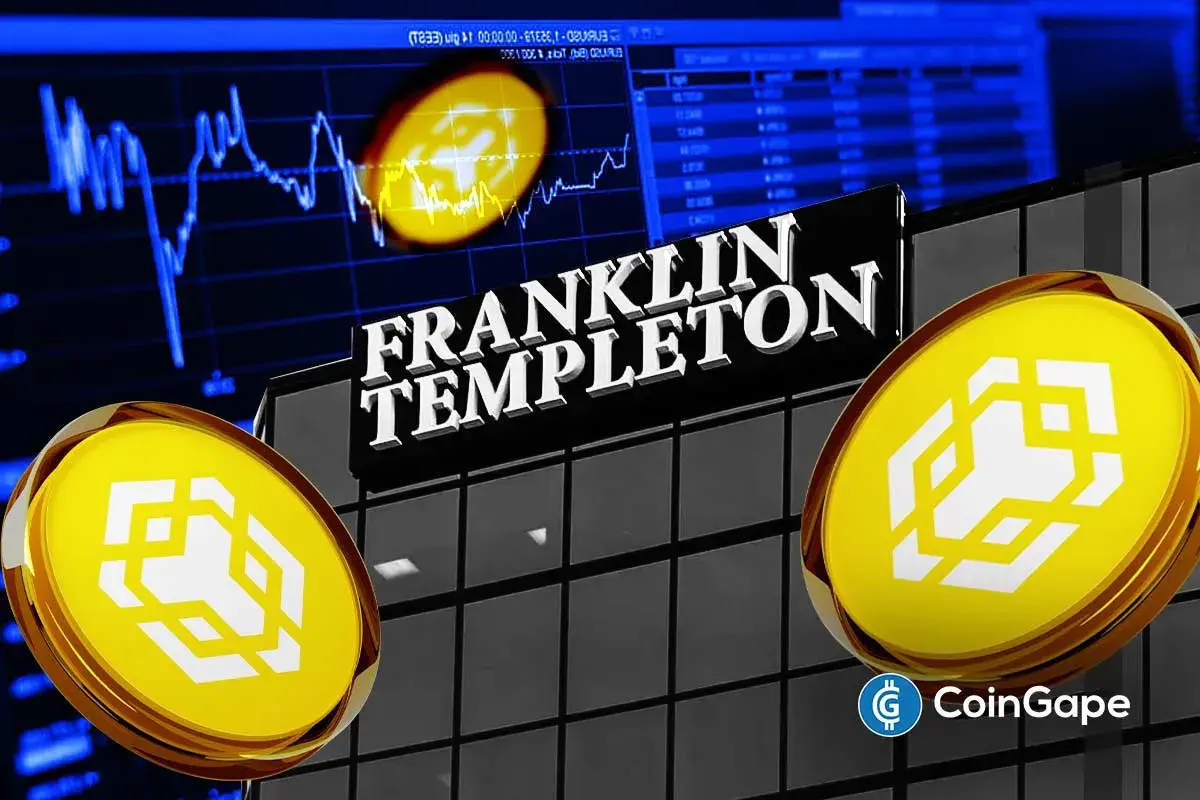Binance’s Fiat Partner Signature Bank Puts A Minimum Transaction Limit

Over the last weekend, the world’s crypto exchange Binance announced that its fiat partner Signature Bank should no longer be processing transactions of less than $100,000. This development comes as the bank is looking to limit its exposure to the digital assets market.
Crypto banks have been facing huge operational challenges amid the current market turmoil following the collapse of the crypto exchange FTX. Crypto-focused Silvergate Bank recently reported a net loss of $1 billion. On the other hand, crypto bank Moonstone is announcing an exit from the crypto market.
As regulatory scrutiny and operational challenges in the space continue to grow, banks are distancing themselves further from the crypto sphere. In a statement to Bloomberg, Binance noted:
“One of our fiat banking partners, Signature Bank, has advised that it will no longer support any of its crypto exchange customers with buying and selling amounts of less than 100,000 USD as of February 1, 2023.
This is the case for all of their crypto exchange clients. As a result, some individual users may not be able to use SWIFT bank transfers to buy or sell crypto with/for USD for amounts less than 100,000 USD”.
However, Binance also noted that no other banking partners have been impacted. Binance said that there’s not a greater reason to worry since “0.01% of our average monthly users are serviced by Signature Bank”. The crypto exchange also noted that it’s “actively working to find an alternative solution”.
Signature Bank Moves Away From Crypto
Last month in December 2022, New York-based Signature Bank announced that it intends to shed nearly $10 billion in deposits from digital assets clients. Amid the FTX blowup, Signature Bank is steering on a widespread pullback from the crypto space.
US federal regulator – the Federal Deposit Insurance Corporation (FDIC) – has also warned banking institutions over their exposure to digital assets. It is clear that the contagion fears in the crypto space are now reaching traditional banking institutions.
Play 10,000+ Casino Games at BC Game with Ease
- Instant Deposits And Withdrawals
- Crypto Casino And Sports Betting
- Exclusive Bonuses And Rewards

- Bitcoin Treasury Firm GD Culture Authorizes Sale of 7,500 BTC as Expert Warns Of More ‘Pain’
- USDT And USAT Get Adoption Boost as Tether Invests in Whop for Faster Settlements
- BTC Price Rises as U.S. Plans to Hold Trump Tariffs on China Steady
- Crypto Market Soars on Rumors of Trump’s 0% Tax Policy for Digital Assets
- Hong Kong Set to Launch Tokenized Bond Platform and Issue First Stablecoin Licenses
- Ethereum Price Reclaims $2K- New Rally Ahead or a Temporary Bounce?
- COIN Stock Price Prediction as Wall Street Pros Forecast a 62% Surge
- Cardano Price Signals Rebound as Whales Accumulate 819M ADA
- Sui Price Eyes Recovery as Third Spot SUI ETF Debuts on Nasdaq
- Pi Network Price Eyes a 30% Jump as Migrations Jumps to 16M
- Will Ethereum Price Dip to $1,500 as Vitalik Buterin Continues Selling ETH?

 Buy Presale
Buy Presale

















